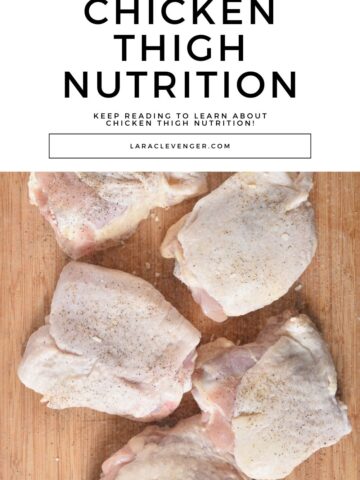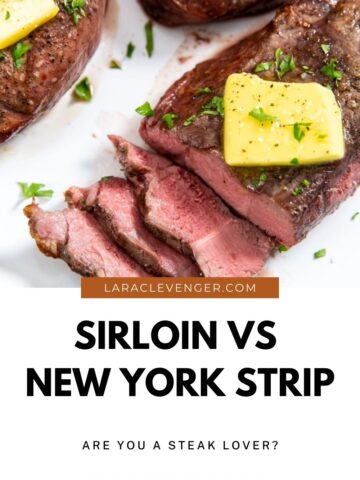In the quest for healthier alternatives to traditional sugar, xylitol has emerged as a popular choice, offering a range of benefits beyond its sweet taste. But it does have some drawbacks.

What is Xylitol?
Xylitol is a sugar alcohol commonly used as a sweetener. It can be naturally sourced or artificially prepared from plant materials. It is obtained through chemical processes or by fermenting hemicelluloses from agricultural biomass using yeast or bacteria. Notably, xylitol has significant antiplaque effects on teeth, reducing gingival inflammation and serving as a preventive agent against dental caries.
Benefits of Xylitol
Xylitol offers various health benefits:
- Dental Health: Aids in tooth enamel remineralization and helps prevent osteoporosis. It also inhibits bacterial growth, reduces dental plaque, and minimizes gingival inflammation, making it effective in preventing dental caries.
- Respiratory and Ear Health: Antibacterial and anti-inflammatory properties help treat respiratory tract and middle ear diseases, which are difficult to treat with antibiotics or surgery.
- Digestive and Immune Support: Helps reduce constipation, diabetes, and obesity, and also stimulates digestion and supports the immune system.
- Body Weight and Appetite: Does not contribute to weight gain and may assist in weight management by reducing overall calorie intake. It may impact satiety hormones and influence appetite and energy intake, though further research is needed.
- Gut Health: Poorly absorbed by the human digestive system, acting as a dietary soluble fiber, supporting healthy gut flora and promoting the growth of beneficial bacteria as a prebiotic.
Side Effects of Xylitol
While xylitol has many benefits, excessive consumption can lead to side effects such as irritable bowel syndrome, diarrhea, and nephrolithiasis (Benahmed et al., 2020). Xylitol nasal irrigation has been found to be safe, with no adverse effects reported in studies. Comprehensive checks, including complete blood counts and assessments of liver and renal function, showed no negative.
Xylitol as a Sugar Substitute
Xylitol comparison with to other sweeteners for its versatility:
- Xylitol vs. Sugar: Xylitol is as sweet as sugar and can replace it in a 1:1 ratio. However, it provides 40% less energy, making it a lower-calorie alternative.
- Xylitol vs. Erythritol: Xylitol is sweeter than erythritol, requiring about 1.4 tablespoons of erythritol to match the sweetness of 1 tablespoon of xylitol.
- Xylitol vs. Maple Syrup: Xylitol can substitute for maple syrup at a 1:1 ratio, providing similar sweetness in a granulated form.
- Xylitol vs. Allulose: Both xylitol and allulose have similar sweetness levels, allowing for a 1:1 substitution. However, allulose is nearly calorie-free.
Xylitol and Net Carbs
Xylitol contains 2.4 calories per gram, which is 40% fewer calories than sugar, making it an excellent sugar substitute for low-carb diets. The net carbs from xylitol are close to 0 grams because the body does not fully absorb it, and its impact on blood sugar is minimal.
Xylitol is a valuable low-carb sweetener used in food, beverages, and pharmaceuticals, especially for dental health. Its safety, low-calorie content, and minimal impact on blood sugar make it a popular choice for reducing carbohydrate intake.
Xylitol Dangers for Pets
While xylitol is safe for human consumption and even beneficial for cats when added to their water to prevent dental disease, it is highly toxic to dogs. Oral exposure as low as 0.1 mg/kg can induce hypoglycemia, and 0.5 mg/kg can result in hepatotoxicity, posing a severe risk.
Xylitol and Glycemic Index
Xylitol has a low glycemic index and does not significantly affect blood glucose or insulin levels, which makes it a suitable sweetener for diabetic-friendly diets. Its minimal impact on blood sugar levels helps manage glucose levels effectively without causing spikes.
Other Low Carb Sweeteners to Consider







Leave a Reply